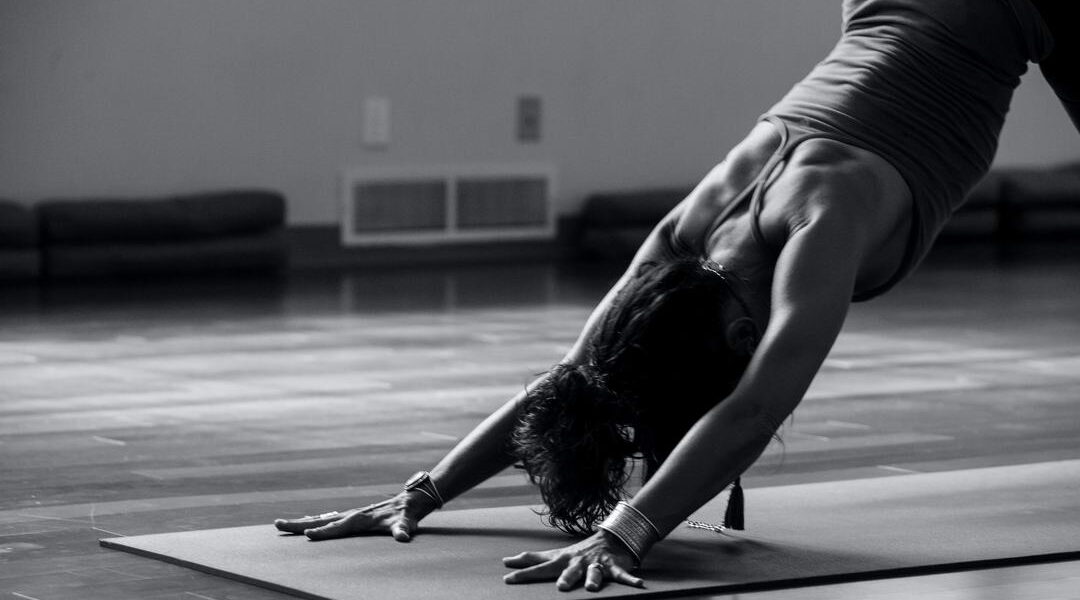Yoga, a practice that has transcended cultures and millennia, is celebrated for its myriad physical, mental, and spiritual benefits. However, as the popularity of yoga has grown, so too has the spotlight on its lack of diversity and inclusivity. While yoga’s origins are deeply rooted in India, its global spread has led to a somewhat homogenous representation in many spaces. In this article, we’ll explore the issue of diversity within the world of yoga, the reasons behind its lack, and the steps we can take to foster a more inclusive and representative practice.
Explore Meditation Retreats & Wellness Retreats
Explore Yoga Retreats with Tejomaia.com

The Historical Context:
The origins of yoga trace back thousands of years to the Indian subcontinent, a place rich in diversity of culture, language, and ethnicity. However, as yoga made its way across the world, it often became associated with a specific image that doesn’t reflect its diverse roots. This historical context plays a role in perpetuating a lack of diversity within modern yoga spaces. Explore Yoga Retreats with Tejomaia.com
Societal Stereotypes and Misconceptions:
Yoga has been depicted in popular media and commercial settings as primarily practiced by thin, affluent, and predominantly white individuals. Such misrepresentation perpetuates stereotypes and creates a barrier for people from different backgrounds to engage with yoga. This can contribute to feelings of exclusion and inadequacy, preventing them from exploring the practice.
Cultural Appropriation:
The line between cultural appreciation and cultural appropriation can be blurry. Yoga, as a deeply spiritual and cultural practice, has at times been commodified and stripped of its cultural context. This can alienate practitioners who belong to the culture of origin and lead to a lack of authenticity in the practice.
Access and Socioeconomic Factors:
Yoga classes, workshops, and retreats often come with a financial cost, making them inaccessible to marginalized communities or individuals with lower socioeconomic status. Lack of access to affordable and diverse yoga spaces can further perpetuate the lack of representation within the practice.
Language and Communication:
Language barriers can also contribute to a lack of diversity in yoga spaces. Many teachings and resources are available predominantly in English, creating barriers for individuals who may not be fluent in the language.
Creating Inclusive Spaces:
Fostering diversity and inclusivity within the yoga community requires intentional effort. Yoga studios, teachers, and practitioners can take steps to create welcoming spaces that celebrate differences. This includes offering classes that cater to different needs, promoting diversity in marketing materials, and respecting and acknowledging the roots of yoga. Explore Meditation Retreats & Wellness Retreats
Representation and Education:
Representation matters. Highlighting diverse voices, teachers, and practitioners in yoga spaces can create a sense of belonging for individuals from various backgrounds. Educating oneself and others about the cultural origins and history of yoga can also contribute to a more inclusive environment.
Accessible Outreach Programs:
To address socioeconomic barriers, offering affordable or donation-based yoga classes, community outreach programs, and online resources can provide greater access to a diverse range of individuals.

As we reflect on the journey of yoga from its origins to its current global popularity, it’s crucial to acknowledge the lack of diversity and inclusivity that persists within the practice. By understanding the historical context, acknowledging societal stereotypes, addressing cultural appropriation, and taking actionable steps to create inclusive spaces, we can work toward a more diverse and representative yoga community. Embracing diversity within yoga is not only a step toward social equity, but also a way to honor the essence of yoga itself—a practice that encourages unity, self-discovery, and connection beyond the boundaries of culture and appearance.
Explore Meditation Retreats & Wellness Retreats
Explore Yoga Retreats with Tejomaia.com


